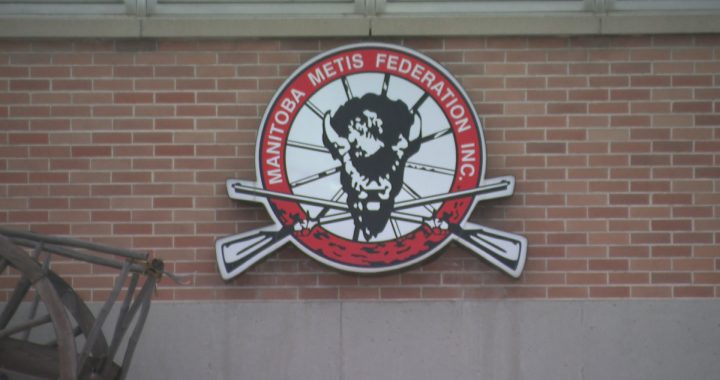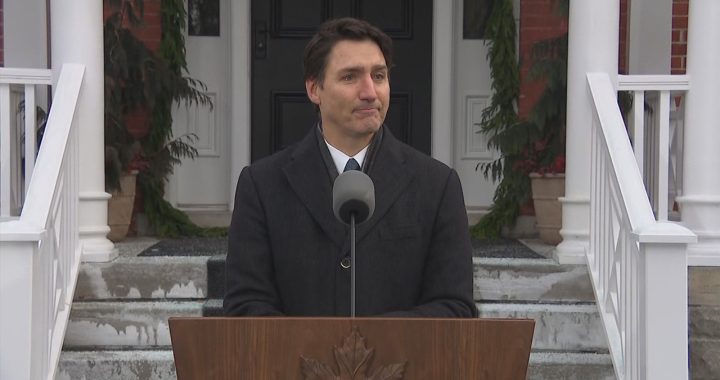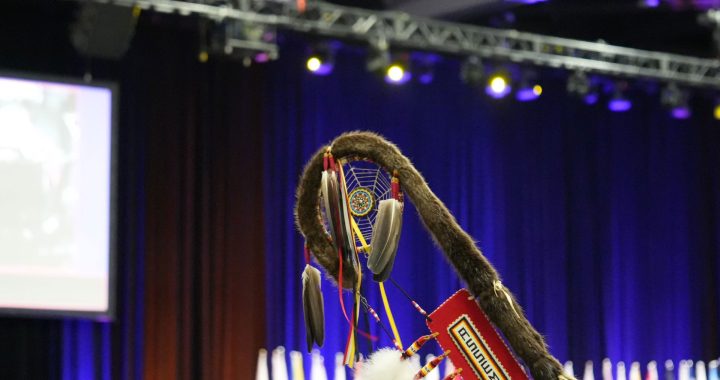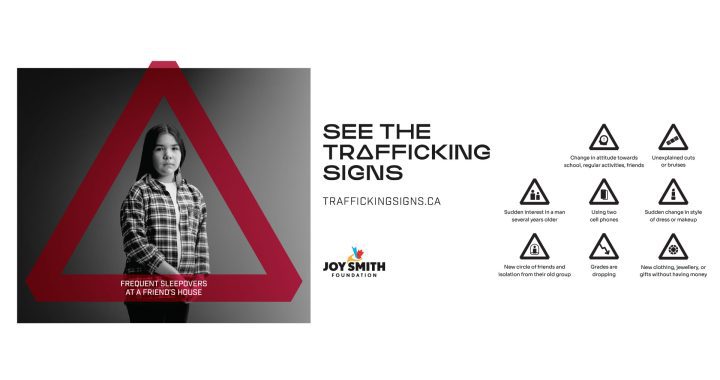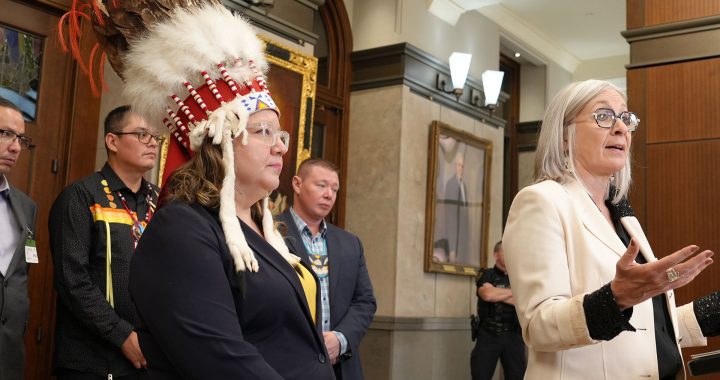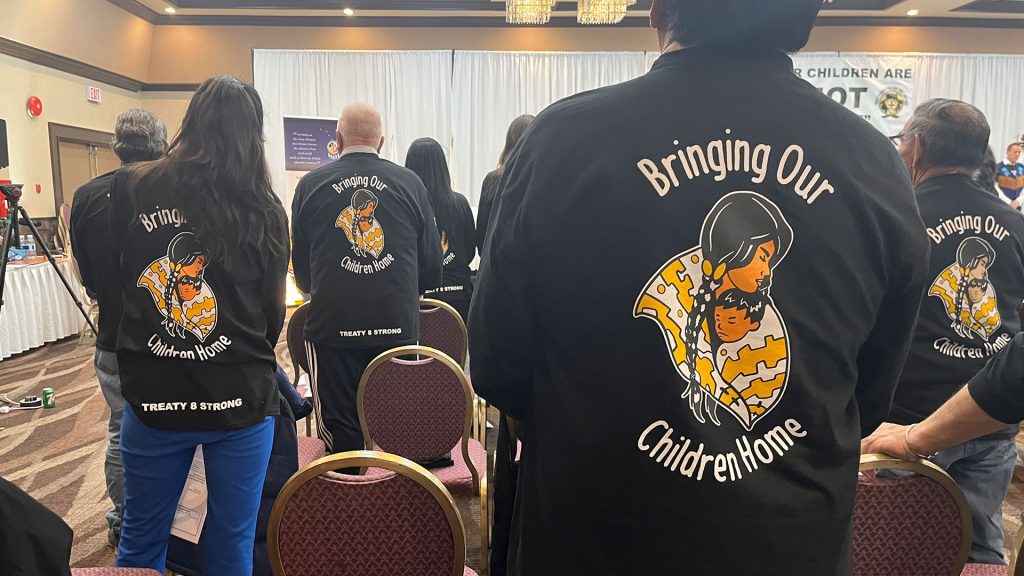
First Nations leaders from Treaty 8 met today to announce a new law that supersedes previous legislation over First Nations children within that Treaty area. The law, called the Nehiyaw and Dene Nations of Treaty No. 8 Adoption and Private Guardianship Law protects Treaty No. 8 children by ensuring they cannot be taken without written and willing consent from the child’s parents or guardians and the First Nation the child is a member or eligible to be a member.
“Our children are not for sale,” says Grand Chief of Child and Family Services Chief Ivan Sawan of Loon River Cree Nation.
“Treaty 8 First Nations maintain authority over our children, youth and families – that is not the right of the province or any other level of government. Currently, our children are being stolen from our Nations. The current government process of adoption and private guardianship continues to have devastating cultural effects stripping children of their identity and diminishing inherent Treaty rights. We are developing our own First Nation child and family services laws, and in the meantime, we must protect our children and youth.”
Read more:
Cindy Blackstock on the Supreme Court’s ruling against constitutional challenge of Bill C-92
Chief Ramona Horseman from Horse Lake First Nation spoke about the differences in treatment between First Nations children and others by comparing it to a famous country song, Coal Miner’s Daughter.
“Loretta Lynn was signing she remembers a well where she had to draw water, she remembers no shoes, she remembers having no money…she was not apprehended. If she was First Nations, child and family services would have come and taken her,” said Horseman

At the press conference, Horseman said there have been “overwhelming numbers of adoptions and private guardianships.”
“We are taking a stance and it is our inherent rights for children and that’s natural law as designed by the creator,” said Horseman.
Eddie Tallman, chief of Whitefish Lake First Nation said that the Alberta government needed to respect the sovereignty of Treaty 8 nations.
“They respect laws of other countries. Canada has treaties with other countries. Now, they have to go with our law,” said Tallman.
Bill C-92, or An Act Respecting First Nations, Metis and Inuit Children Youth and Families, became law in June 2019. It affirms that Indigenous nations have sole authority of their children and establishes minimum standards in caring for them.
Quebec put the act to the constitutional test at its Court of Appeal, which ruled in 2022 that parts of the act are out of the federal government’s scope to legislate. Ottawa appealed that decision, and the Supreme Court of Canada upheld the constitutionality of the bill.
Since the fall of 2012, the Assembly of Treaty Chiefs and Treaty 8 have sent letters to the provincial government telling them to “cease and desist” all adoptions and private guardianships of Treaty 8 First Nations children.
Letters were sent yearly from 2018 to 2020 including a hand-delivered letter to then-Premier Jason Kenney.
A panel of 20 chiefs and proxies made remarks at the press conference today in Edmonton. The Treaty 8 organization represents 23 of the First Nations in the province of Alberta




